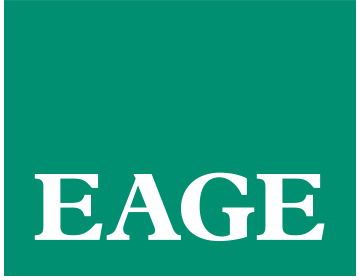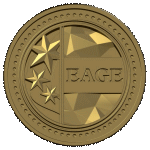Participate in the Laurie Dake Challenge competition
If you happen to be working with a diverse group of fellow students that would like to test their knowledge and team working skills, the Laurie Dake Challenge may be for you!
The Laurie Dake Challenge is one of EAGE’s most prestigious student competitions. It requires participants to excel in some of the key areas of EAGE’s mission: multidisciplinary group work, data integration, and the honing of your project management, cooperation, and presentation skills.
As a leading competition within the Association, the challenge will require teams to be inquisitive, innovative, and analytical thinkers. Each year, the dataset poses new challenges throughout the three rounds.
Participating teams:
- Have a shot at winning the EAGE Laurie Dake Challenge trophy
- Gain exposure to leading experts in the industry
- Finalists will have the chance to participate in the EAGE Annual Conference & Exhibition
- Gain hands-on experience with valuable datasets from real hydrocarbon fields
How to participate in the Laurie Dake Challenge
Universities are invited to participate in the Laurie Dake Challenge with a multidisciplinary team of 3 to 5 students (one PhD student per team allowed). The competition includes three selection rounds that are further explained below.
To enter the competition each team is required to submit an assignment on a certain topic.
The application round for the 2025 competition is now open. The challenge assignment will be provided by Total Energies. The finals will be held at the EAGE Annual Conference in Toulouse (France) in 2025.
The Laurie Dake Challenge is sponsored by the EAGE student Fund.
TOPIC OF THE CHALLENGE 2025
CO2, our immediate climate enemy, must be neutralized in a way that is sustainable, safe and as energy efficient as possible. Mineralization processes make it possible to imagine storage or recovery in a variety of industrial cycles that are above all respectful of the planet’s cycles.
What to expect
The challenge consists of three rounds. After each round a number of teams will be allowed to continue until we reach the third and final round where six teams will have the chance to present their solutions.
Application
To ensure a successful application you should be aware of the rules and procedures, including the rules on use of AI, of the Laurie Dake challenge.
Next to your application, you must attach a signed ‘Declaration of Academic Integrity’ and a Motivational Letter.
Make sure that your Motivational Letter includes:
You will have more chances to prepare the submission of the assignment as soon as you apply to the challenge.
If you have any further questions do not hesitate to contact us at students@eage.org
Selection Round 1 – Exploration assignment
Each team signing up for the competition will receive an assignment provided by Total Energies. The competing teams will have to assess the feasibility and potential of CO2 capture by mineralization in basalts.
At the end of the first round, the ten best teams will be selected for the next round of the competition.
Selection Round 2 – Assignment submission
The remaining teams will be asked to use the assignment to create a 3-minute video pitch and a maximum 3000-word report, including images, to describe and provide evidence of their proposed development plan for the area.
Based on these submissions, the Laurie Dake Challenge jury will select the six finalists that will be invited to compete in Round 3.
Selection Round 3 – Presentation of full development plans
EAGE invites the six finalist university teams to present their findings to an expert Laurie Dake Challenge jury. The presentations will be judged by 8 to 10 jury members, all with their expertise.
| Selection Stages | Deadline |
|---|---|
| Application | 16 September - 15 November 2024 |
| Selection of teams to receive first instructions for data development | 4 December 2024 |
| First Submission | 13 January 2025 |
| Selection of teams for the Second Round | 31 January 2025 |
| Second submission | 28 February 2025 |
| Selection semi-finalist teams | 17 March 2025 |
| Final on-site (Toulouse, France) | 1 June 2025 |

